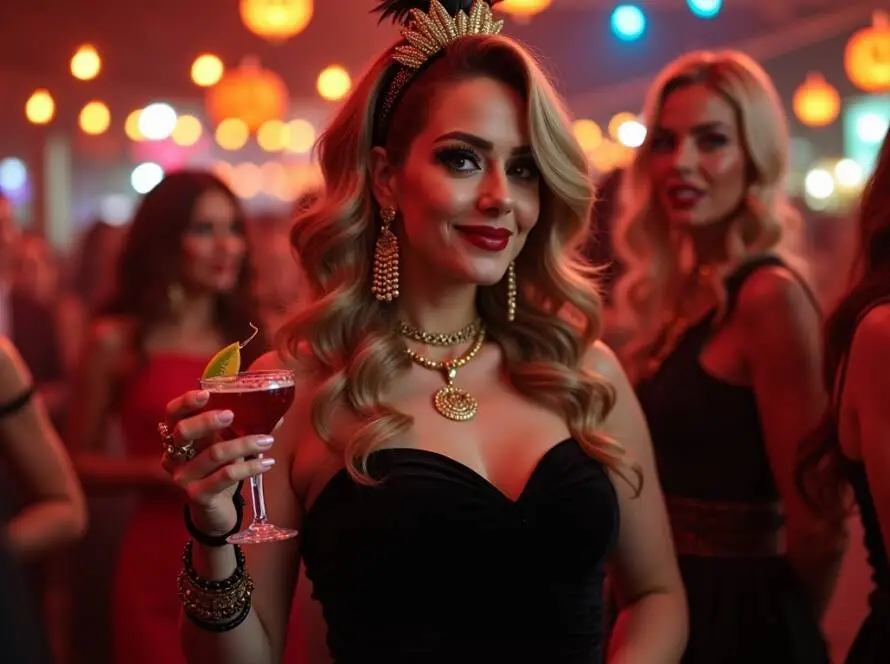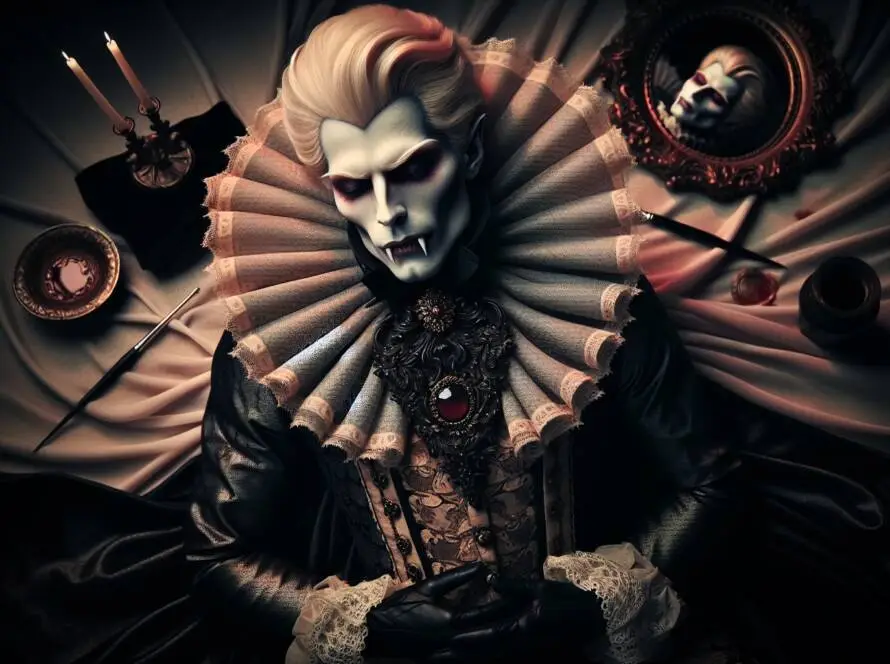The Captivating History of Zombies: From Folklore to Modern Culture
The history of zombies is a fascinating journey that intertwines folklore, literature, film, and cultural beliefs. This overview examines the evolution of the concept of zombies over time, revealing their deep-rooted origins and significant impact on popular culture.
Origins in Folklore
Haitian Vodou
The modern concept of zombies primarily originates from Haitian Vodou traditions. In this context, a zombie is believed to be a person revived from death by a sorcerer known as a “bokor.” This practice is tied to the belief in manipulating the soul, allowing one person to control another. The Vodou interpretation of zombies emphasizes themes of power, control, and the fear of losing one’s autonomy.
African Traditions
The roots of the zombie myth can also be traced back to various African spiritual beliefs. In many African cultures, it was thought that the dead could return to the living world under certain circumstances. Enslaved Africans brought these beliefs to the Caribbean, where they influenced the development of the zombie narrative. This connection highlights the cultural significance of the undead in exploring themes of life, death, and the afterlife.
Early Literary References
19th-Century Literature
The term “zombie” began appearing in 19th-century literature, marking a significant shift in its representation. One of the earliest uses was in William Buehler Seabrook’s 1929 book, The Magic Island, which described Haitian Vodou practices and introduced the concept of zombies to a broader audience. This work played a crucial role in shaping Western perceptions of zombies.
Influence of Gothic Literature
Gothic literature’s themes of resurrection and the undead contributed to the development of the zombie mythos. Works by authors like Mary Shelley and Edgar Allan Poe explored similar themes, laying the groundwork for future interpretations of the undead. Their exploration of life after death and the macabre set the stage for the modern zombie narrative.
Rise of Zombie Films
“White Zombie” (1932)
This film, starring Bela Lugosi, is often credited as the first feature-length zombie movie. It depicted zombies as mindless slaves under a sorcerer’s control, reflecting the myth’s Vodou origins. White Zombie established early cinematic tropes that would influence future portrayals of zombies in film.
“Night of the Living Dead” (1968)
Directed by George A. Romero, this groundbreaking film revolutionized the horror genre, specifically the zombie subgenre. It introduced the idea of zombies as flesh-eating monsters and established many conventions defining the genre, such as the notion of a zombie apocalypse. Romero’s zombies were portrayed as reanimated corpses with an insatiable hunger for human flesh, forever changing the landscape of horror cinema.
Evolution in Popular Culture
1980s and 1990s
The zombie genre continued to evolve with films like Dawn of the Dead (1978) and The Return of the Living Dead (1985), which introduced humor and social commentary. Zombies became symbols of consumerism and societal collapse, reflecting the anxieties of the era. These films showcased the versatility of the zombie narrative, allowing for both horror and satire.
Video Games and Literature
The 2000s saw a surge in zombie-themed video games, such as Resident Evil and Left 4 Dead, as well as novels like World War Z by Max Brooks. These media further popularized the zombie apocalypse narrative, engaging audiences in interactive and immersive experiences. The rise of zombies in gaming and literature solidified their status as cultural icons.
Modern Interpretations
Diverse Representations
Today, zombies are depicted in various ways, from traditional slow-moving undead to fast, aggressive creatures. They appear in multiple media, including films, television shows (like The Walking Dead), and literature. This diversity reflects the evolving nature of the zombie myth and its adaptability to contemporary storytelling.
Cultural Commentary
Modern zombie narratives often serve as allegories for societal issues, including consumerism, the fear of the unknown, and the breakdown of social order. They reflect contemporary anxieties and fears, making them relevant to each generation. By examining the zombie phenomenon, audiences can gain insight into the cultural and psychological landscape of their time.
Conclusion
The history of zombies is a complex interplay of cultural beliefs, folklore, and modern media. From their origins in Haitian Vodou to their status as icons of horror and social commentary, zombies have continued to captivate audiences and evolve in response to shifting societal fears and interests. Their enduring presence in popular culture highlights our fascination with the undead and the deeper meanings they can convey about the human experience. As we explore the world of zombies, we uncover not only a rich history but also a mirror reflecting our collective fears, desires, and the mysteries of life and death.
Disclaimer:
The information provided in this blog is for informational purposes only and should not be considered professional advice. While we strive to provide accurate and up-to-date information, we make no guarantees about the completeness or reliability of the content. Any actions you take based on the information in this blog are at your own risk. Additionally, this blog may contain affiliate links, and we may earn a commission from purchases made through those links.



